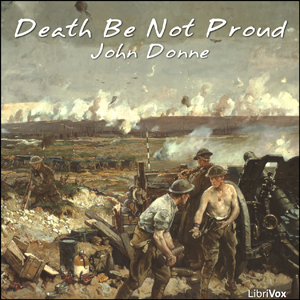- IF - Read by ADR
- IF - Read by AGC
- IF - Read by BK
- IF - Read by BLT
- IF - Read by EBL
- IF - Read by EC
- IF - Read by EL
- IF - Read by ERS
- IF - Read by FEN
- IF - Read by FH
- IF - Read by GB
- IF - Read by GG
- IF - Read by GRS
- IF - Read by IK
- IF - Read by KG
- IF - Read by LCW
- IF - Read by MAF
- IF - Read by MB
- IF - Read by MPE
- IF - Read by MTF
- IF - Read by ND
- IF - Read by NR
- IF - Read by PC
- IF - Read by RAJ
- IF - Read by SWS
- IF - Read by TP
- IIF - Read by VB
- IF - Read by WJ
This poem is considered one of the most inspirational guidelines on how to live and act with integrity and develop a winning strategy throughout life, and the poem has garnered much attention in popular culture. The 4 stanzas each deal with different life situations and the best way to overcome the obstacles presented -- and these lines in particular, “If you can meet with triumph and disaster and treat those two impostors just the same.”, hang in the tennis player’s entrance at Centre Court Wimbledon in England. They are meant to inspire the players to maintain a good attitude-- win or lose. While Kipling wrote poetry, novels, and articles, he is most notably known for his collection of short stories called The Jungle Book, which he wrote in 1894. A British writer, Kipling won the Nobel Prize for Literature in 1907. ( ~ Summary by Michele Fry)
There are no reviews for this eBook.
There are no comments for this eBook.
You must log in to post a comment.
Log in











